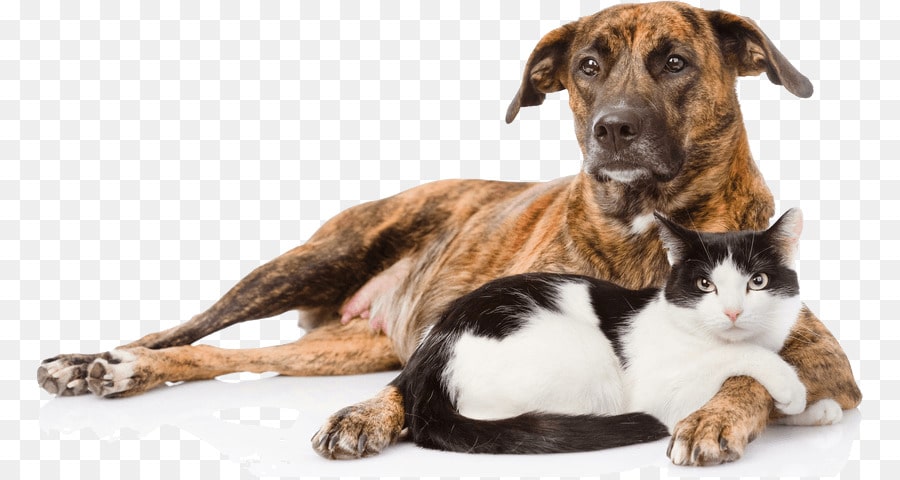Do you avoid petting your cat because your hand comes away smelling bad or covered in a greasy film? If your cat has a greasy coat or smelly skin, it might be time to change up their food.
My Cat Only Likes Tuna
We have met some pretty picky kitties in our day and though it’s true that cats definitely have a sense of what works for them, feeding your cat the same thing every day can actually cause food allergies or food intolerances. This causes internal inflammation, which in turn causes external inflammation leading to skin problems, such as an excessively greasy coat or smelly skin.
Variety is the
spice of life.
Offer your cat a variety of different foods regularly. Find two or three different protein sources that your cat will eat and change it up on a regular basis. Look for foods that use single proteins, especially at first when you may not be sure what ingredient is causing your cat to react. Limiting what your cat eats (and this does include treats and table scraps) can help you figure out what your cat may be allergic to.
It can take as long as six weeks for symptoms to begin to clear up, sometimes even longer. You should notice minor improvement after being on a new food for a week or two and your cat should continue to improve the longer you feed the new food. If you switch to a food that causes a worse reaction, stop immediately and try a different protein.
Fresh As A Daisy
If your cat is eating the right food and getting the right nutrition, it should have a shiny, glossy coat. You shouldn’t have residue on your hand and your cat’s smell should be minimal and pleasant.
For more information on allergies, sign up for our free e-book or visit us at Addiction Pet Foods.












